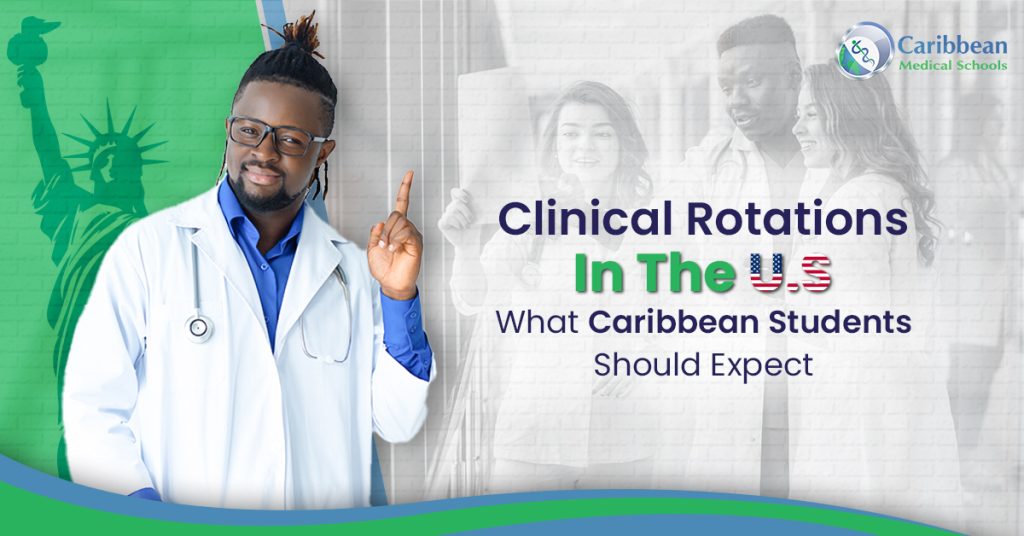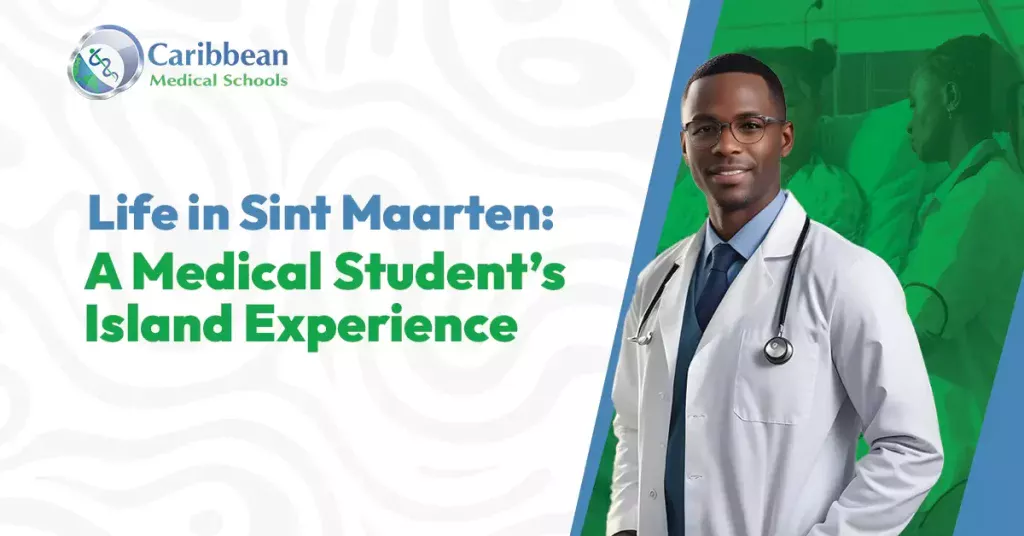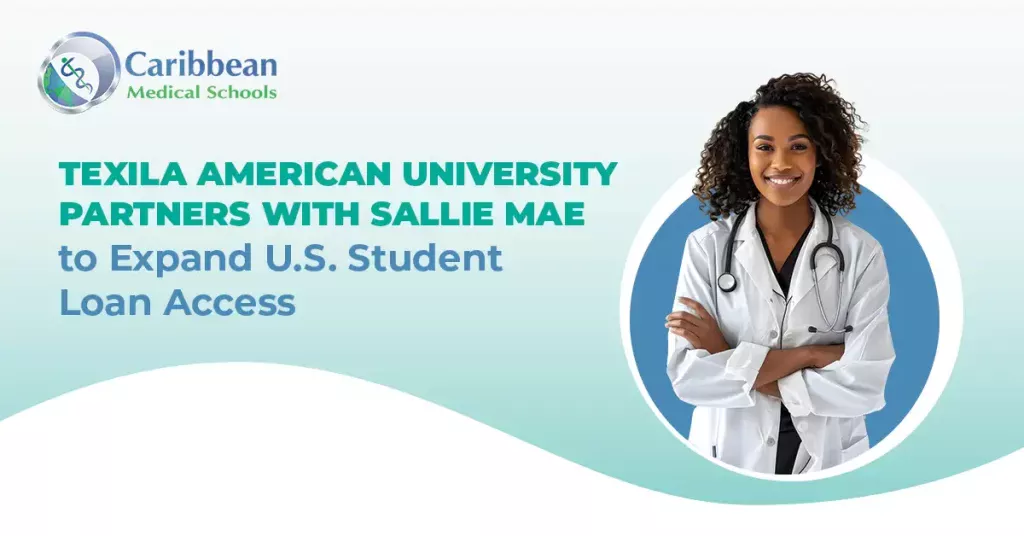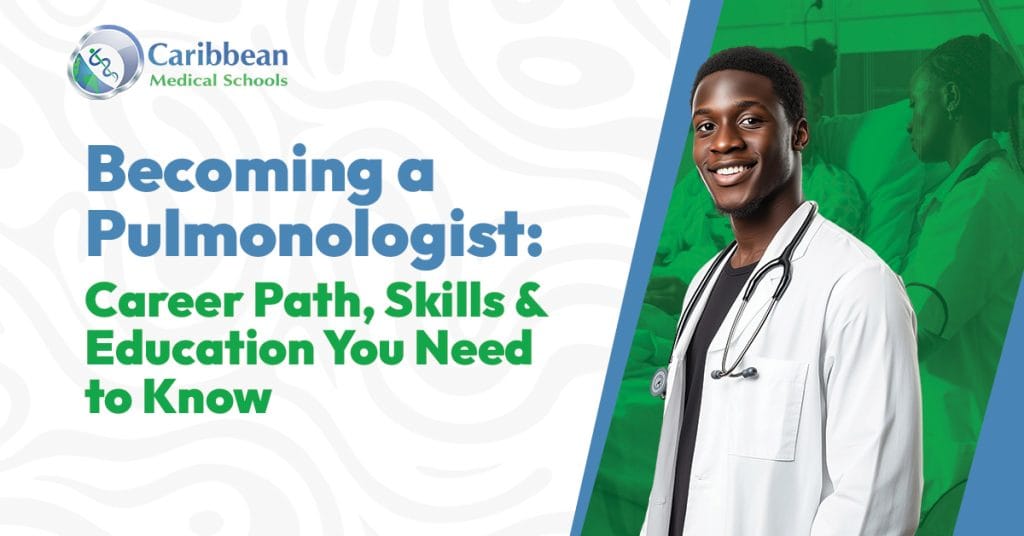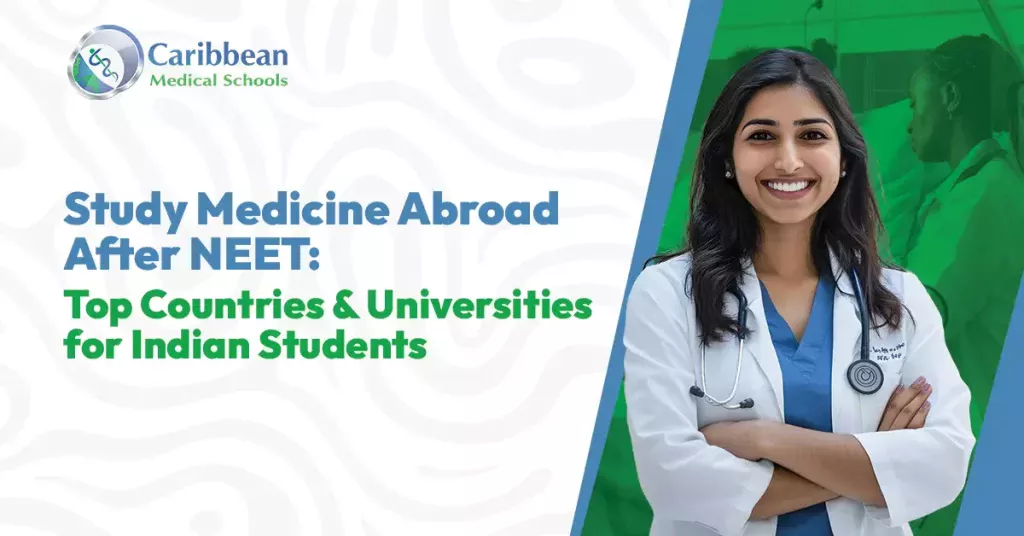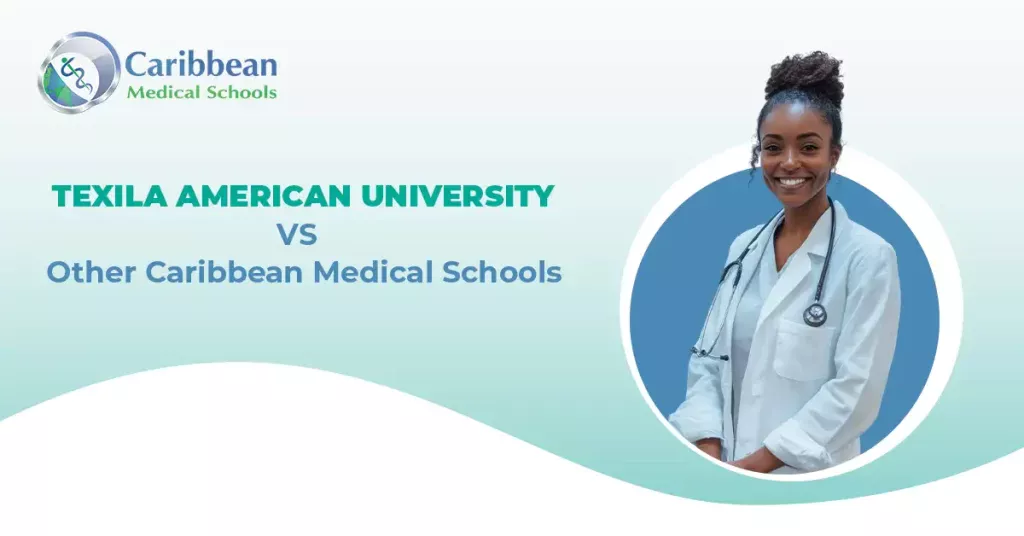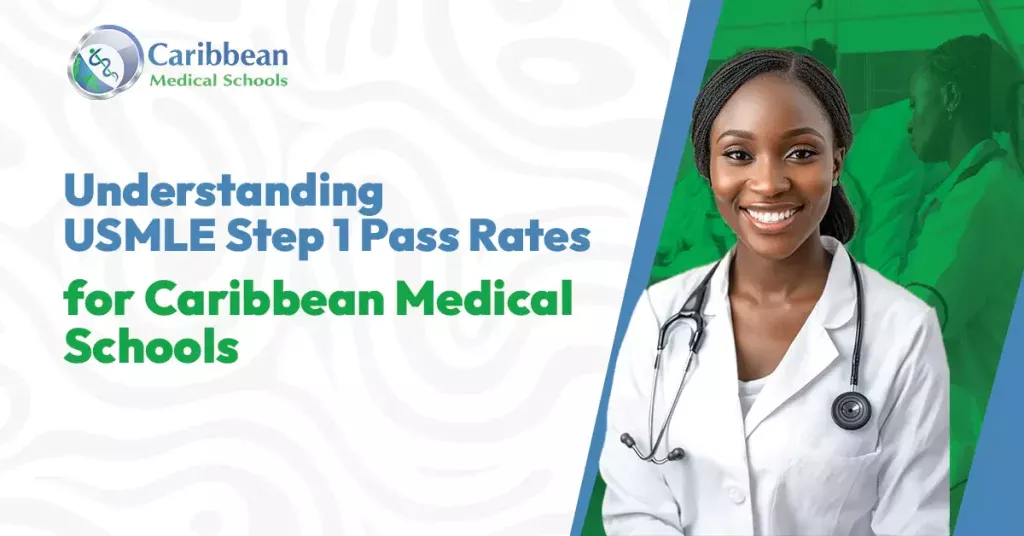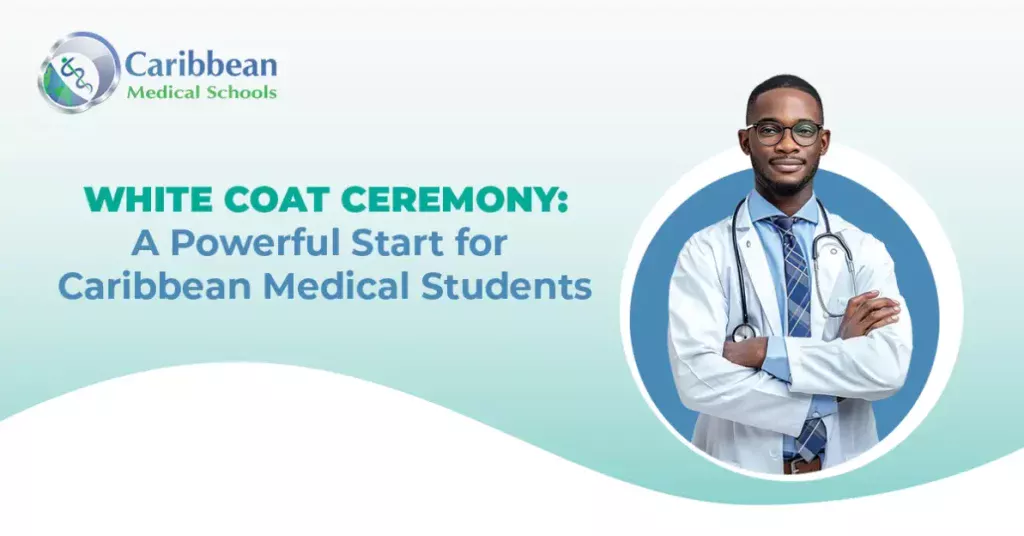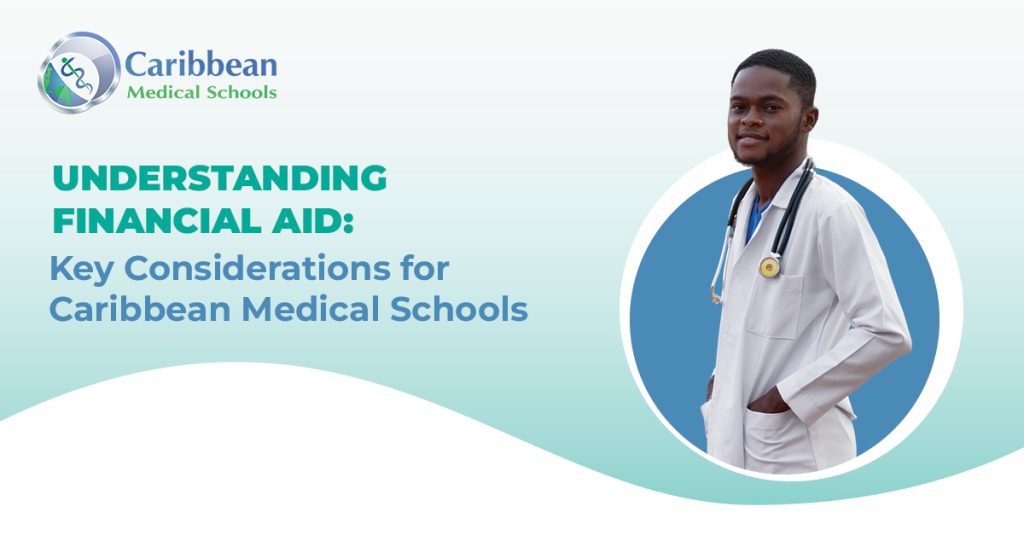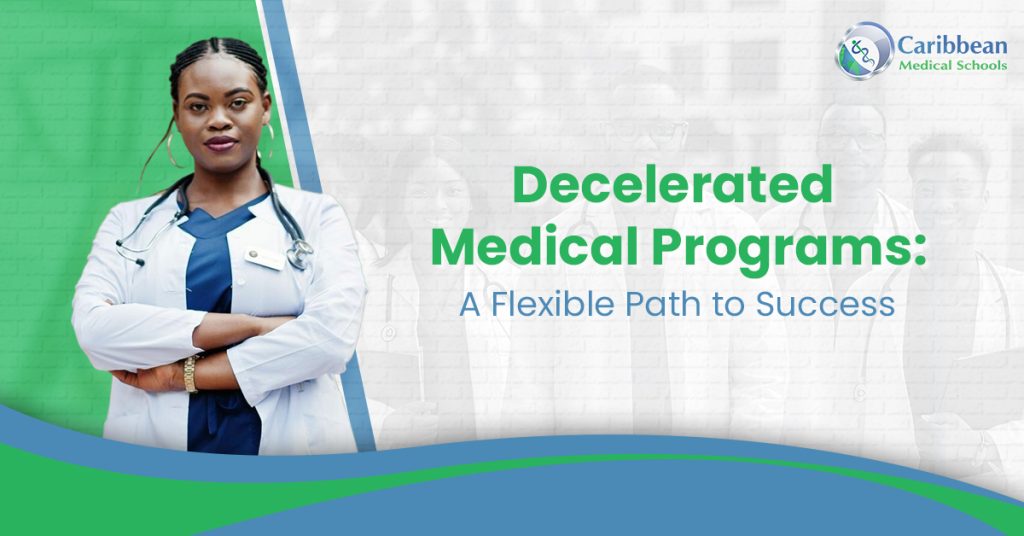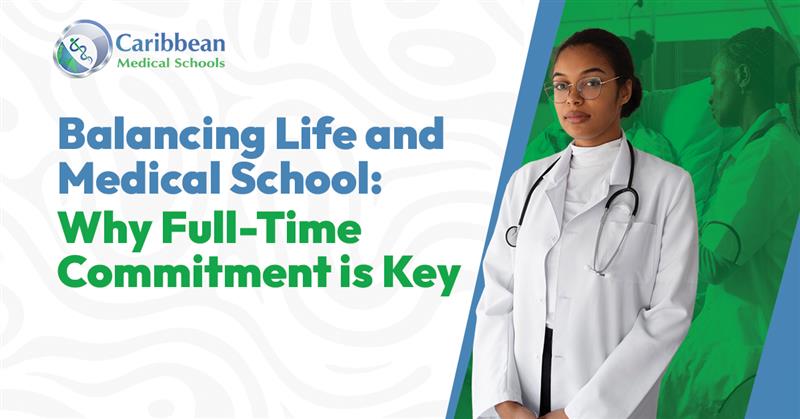Blog Summary
Clinical rotations in the U.S. are vital for Caribbean medical students, offering hands-on experience, exposure to advanced medical practices, and networking opportunities. This guide covers everything from preparation and finding placements to adapting to the U.S. healthcare system and managing daily life during rotations. With insights into core and elective rotations, cultural adaptation, and financial considerations, this comprehensive overview ensures students are well-prepared for their clinical journey. Success stories and practical tips provide additional motivation and support for navigating this crucial phase in medical education.
Table of Contents
Introduction
Are you a Caribbean medical student gearing up for your clinical rotations in the U.S.? You’re probably filled with a mix of excitement and anxiety. This pivotal phase of your medical education hones your clinical skills and shapes your future career. Let’s dive into what you should expect and how to maximize this transformative experience.
Understanding Clinical Rotations
Definition and Purpose
Clinical rotations, also known as clerkships, are crucial periods during your medical education where you transition from classroom learning to hands-on patient care. These rotations enable you to apply theoretical knowledge in practical settings, engage directly with patients, and collaborate with seasoned healthcare professionals.
General Structure of Clinical Rotations
Typically, clinical rotations last for about two years and are divided into core and elective rotations. Core rotations encompass fundamental disciplines, including Internal Medicine, Surgery, Pediatrics, Obstetrics and Gynecology, Psychiatry, and Family Medicine. Elective rotations allow you to explore specialized fields of interest, giving you a broader perspective and helping you decide on a potential speciality.
Why Choose the U.S. for Clinical Rotations?
Advantages of U.S. Clinical Rotations
The U.S. offers a rich, diverse healthcare environment with advanced medical facilities and technology. Here, you’ll be able to learn from some of the best minds in medicine, gain experience with a diverse array of medical conditions, and work in state-of-the-art hospitals.
Comparison with Other Regions
While other regions offer valuable clinical experiences, the U.S. stands out due to its rigorous training standards, comprehensive healthcare system, and abundant learning opportunities. These factors can significantly enhance your medical education and career prospects.
Preparation Before Clinical Rotations
Necessary Paperwork and Documentation
Before starting your clinical rotations, ensure all your paperwork is in order. This includes your visa, medical school transcripts, background checks, and letters of recommendation. Your school’s administrative office can guide you through this process.
Immunizations and Health Requirements
U.S. hospitals require up-to-date immunizations and health clearances. Common requirements include vaccinations for Hepatitis B, MMR (Measles, Mumps, Rubella), Varicella, and annual TB tests. Keeping your health records current is crucial for a smooth start to your rotations.
Finding Clinical Rotations
Utilizing School Resources
Many Top ranked Medical Schools in the Caribbean have established affiliations with hospitals in the U.S. Leverage these connections to secure your rotations. Schools often provide lists of partner hospitals and assist with placement.
Networking and Online Platforms
Networking is crucial for securing clinical rotations, especially for students from Accredited Caribbean Medical Schools. Alum connections are invaluable; reaching out through platforms like Student Doctor Network and Clinical Rotation Services can uncover opportunities. Attending medical conferences also offers networking chances and updates on prestigious hospital rotations. Building a robust professional network significantly enhances access to sought-after placements.
Adjusting to the U.S. Healthcare System
Differences in Healthcare Practices
The U.S. healthcare system may differ from what you’re used to. Familiarize yourself with the protocols, electronic health records (EHR) systems, and patient care standards. Understanding these differences will help you adapt quickly and perform effectively.
Navigating the Hospital Environment
Hospitals can be vast and complex. Take time to learn the layout, know where essential departments and services are, and understand the chain of command. Building good relationships with nurses and support staff can make your transition smoother.
Day-to-Day Life During Clinical Rotations
Typical Schedule for a Medical Student
Expect long hours during your rotations. Your day may start at 6 AM with pre-rounds, followed by rounds with attending physicians, patient care, and educational activities. Be prepared for night shifts and on-call duties, especially during core rotations.
Balancing Study and Practical Experience
While practical experience through clinical rotations is invaluable, maintaining focus on studies is essential. Allocate dedicated time to review cases, apply for exams, and stay updated with medical literature. Effective time management is crucial for balancing medical education’s academic and practical aspects. For students seeking guidance, exploring a “List of Best Caribbean Medical Schools” can provide insights into reputable institutions offering robust educational programs and clinical opportunities.
Core Rotations
Core rotations cover fundamental medical disciplines:
- Internal Medicine: Focuses on adult patient care and management of chronic illnesses.
- Surgery: Provides hands-on experience in operating rooms.
- Pediatrics: Involves caring for infants, children, and adolescents.
- Obstetrics and Gynecology: Covers women’s health, pregnancy, and childbirth.
- Psychiatry: Focuses on mental health and psychiatric conditions.
- Family Medicine: Emphasizes comprehensive healthcare for individuals and families.
Learning Opportunities and Challenges
Hands-on Experience and Skills Development
Clinical rotations offer unparalleled hands-on experience. You’ll perform procedures, assist in surgeries, and directly interact with patients. This practical exposure is crucial for developing clinical skills and confidence.
Common Challenges Faced by Caribbean Students
Students from the Caribbean may encounter difficulties such as adjusting to a different healthcare system, cultural variances, and demanding schedules. Staying resilient, seeking support, and maintaining a positive attitude can help overcome these obstacles.
Building Professional Relationships
Importance of Networking
Establishing relationships with attending physicians, residents, and fellow students is crucial. These connections can offer mentorship, guidance, and potential job opportunities. For those seeking reputable institutions, exploring Top ranked Medical Schools in the Caribbean can provide insights into institutions known for their quality education and networking opportunities.
Tips for Effective Communication
Effective communication is crucial in healthcare. It involves being clear, concise, and respectful in your interactions. Actively listening and asking questions demonstrate your eagerness to learn and contribute.
For those aiming for a career in healthcare, consulting a “List of Best Caribbean Medical Schools” can help them choose institutions that prioritize strong communication skills and rigorous medical education.
Evaluations and Assessments
Types of Evaluations During Rotations
Your performance during rotations will be evaluated through various methods, including direct observation, supervisor feedback, and written exams. Consistent performance and positive feedback can significantly impact your residency applications.
Preparing for Exams and Feedback Sessions
Stay prepared for exams by regularly reviewing your notes and clinical cases. Embrace positive and constructive feedback, as it’s an opportunity for growth. Reflect on the feedback and make necessary improvements.
Cultural Adaptation
Overcoming Cultural Barriers
Embrace the diversity of the U.S. healthcare system, respect different cultures, and be open to learning new practices. Cultural competence is a valuable skill in medicine.
Embracing Diversity in the U.S. Healthcare Setting
The U.S. healthcare system is diverse, with professionals and patients from various backgrounds. Experiencing this diversity enhances your learning journey and equips you to deliver culturally sensitive care.
Success Stories and Testimonials
Experiences from Past Students
Hearing from past students can be inspiring. Many have successfully navigated their clinical rotations, overcome challenges, and achieved remarkable careers.
Inspirational Success Stories
Consider the journey of Dr. Salma Hussain’s a Top Caribbean medical school graduate who completed her studies in Guyana . Despite initial struggles, she excelled in her rotations, built a strong network, and secured a prestigious residency. Her story exemplifies perseverance and success.
Conclusion
Clinical rotations in the U.S. are a crucial step for Caribbean medical students. They offer unparalleled learning opportunities, exposure to advanced medical practices, and the chance to build a solid professional network. While the journey may be challenging, the rewards are immense. Embrace this phase with enthusiasm, dedication, and an open mind.
FAQs
1. How can I find clinical rotations in the U.S.?
Utilize your school’s resources, network with alums, and explore online platforms dedicated to clinical placements. Building a solid professional network can also open doors to opportunities.
2. What should I bring for my clinical rotations?
Ensure you have all necessary documentation, up-to-date immunization records, and appropriate professional attire. Consider bringing study materials and personal items that provide comfort during long shifts.
3. How do clinical rotations impact my medical career?
Clinical rotations are pivotal in shaping your medical career. They provide hands-on experience, help you build professional relationships, and are critical for residency applications.
4. Are there any support systems for Caribbean students in the U.S.?
Yes, many medical schools and organizations offer support systems, including mentorship programs, student associations, and online forums. Connecting with these resources can provide guidance and support.
5. Are there specific challenges Caribbean students might face during U.S. clinical rotations?
Caribbean students may face challenges adapting to new healthcare practices, cultural differences in patient care, teaching styles, and logistical arrangements like housing and transportation during U.S. clinical rotations.

